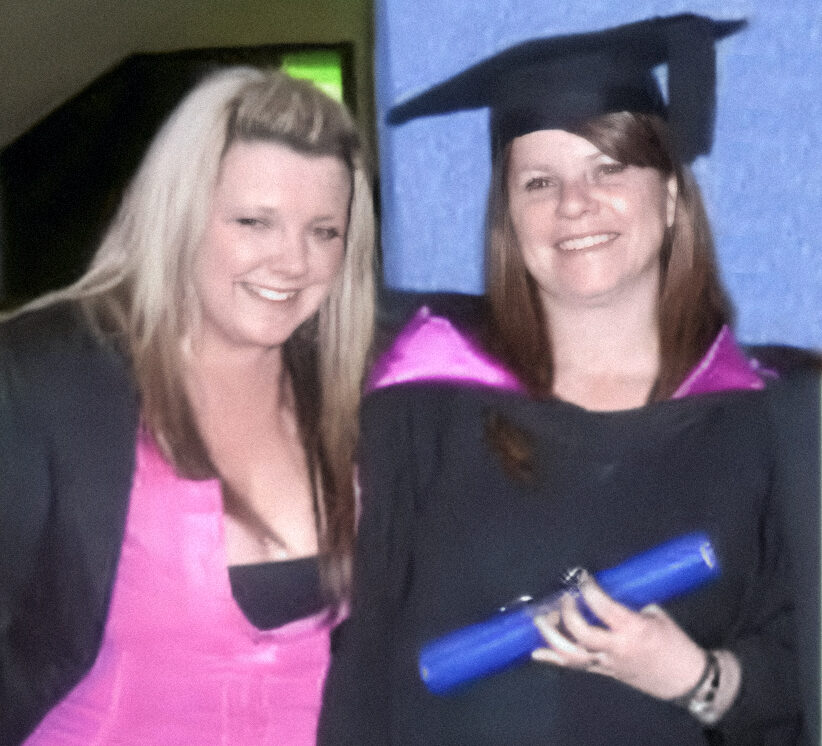Yorkshire-born nurse practitioner (NP) Linzi Birmingham takes up the role this month, after many years of nursing across different sectors in the United Kingdom (UK), Australia and New Zealand.
‘I think a lot of people are not achieving their dream of becoming a nurse because of the financial constraints.’
“We — myself and lots of people I trained with — we would not be here if we hadn’t had that support,” said Birmingham, who was paid to study nursing in the UK in the early 1990s as a young single parent. “It seems the way to go,” she told Kaitiaki Nursing New Zealand.
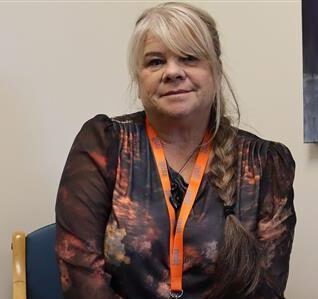
“There were married people, there were single parents, there were people who really needed an income – so if we didn’t have any form of income, we would never have achieved these dreams,” Birmingham said.
“And I think a lot of people are not achieving their dream of becoming a nurse because of the financial constraints.”
Placements took up so much time, especially in the third year of study, forcing students to give up part-time jobs, she said. “I would be in support of some monetary gain for student nurses, definitely.”
Raised in the small Yorkshire town of Dewsbury, Birmingham first came to New Zealand in 2002 after a few years of working around the UK.
‘We were held in quite high esteem and respected and valued by the community, by the hospital that we worked for. That’s how it should be.’
An NP at a time when the role was barely on the radar in New Zealand (where it was introduced in 2000), she worked at Middlemore Hospital emergency department (ED) for a year — “a fascinating environment”, she recalls.
But after a year she headed home, then tried Australia. She ended up in the small town of Portland in southwest Victoria as a rural ED nurse manager for six years — an experience which was a “really steep” but positive learning curve.
“We were held in quite high esteem and respected and valued by the community, by the hospital that we worked for. That’s how it should be,” she said.
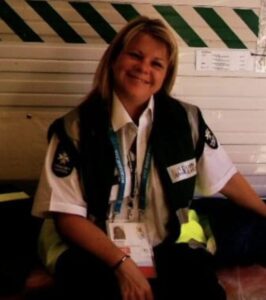
To this day, she remains in touch with her colleagues from that time nearly 20 years ago.
In her time there, Birmingham completed her masters in advanced nursing practice (emergency), contributed nursing expertise to the development of the Australian triage standards and taught advanced life-support skills around Australia.
“The Australian health system were really open to new ideas and how to improve. I just felt really listened to over there, which was nice.”
She had similarly always felt respected in the role in the UK — although had once considered walking away from the profession.
Emergency nursing.
A few years earlier, while still in Yorkshire, Birmingham came close to giving up nursing after caring for her mum as she was dying from multiple myeloma, a type of blood cancer.
“I’d seen her be really stoic and going through this horrible illness, so brave. So I thought I can’t go back into a ward situation when people are just moaning about little things.”
But a nursing colleague urged her to try emergency nursing, saying: ‘Nursing can’t lose you’.
‘There’s just so many opportunities that we’ve been quite slow on the uptake in New Zealand.’
Taking that advice and moving into emergency nursing at Dewsbury and District Hospital in the late 1990s, Birmingham said this was a “massive turning point for me, because I knew that were my place”.
“The managers there just wanted you to be the best you could possibly be.”
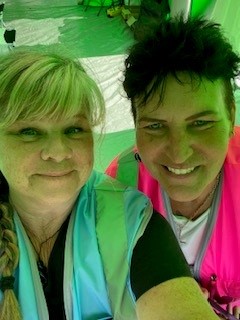
With the support of the hospital, she completed her post-graduate emergency nursing and teaching qualifications as well as her NP training over the next few years — all of which was funded while she got paid her salary. Advanced nurse training in the UK was strongly encouraged and supported, she said.
“When I first became a nurse practitioner, the doctors loved it because it helped them to have more people in the workforce who can do a similar role. So I have seen over the years quite a mixed bag of opinions on the nurse practitioner.”
“Really missing” New Zealand, Birmingham returned in 2011, and became ED charge nurse manager at Waitemata Hospital. She then moved on to a more senior management role in Waikato ED for a couple of years, before moving into primary health in the Nelson-Marlborough region.
She became general manager of Golden Bay’s integrated community health centre, which provided everything from aged care to emergency and palliative care services to the semi-rural community.
Role of the nurse
Extending the nursing role and scope had always been a focus for Birmingham, after experiencing respect, encouragement and support to advance her nursing in the UK and Australia.
In New Zealand, by contrast, Birmingham felt she had to prove herself a lot more and opportunities for advancement were fewer — something she has tried to change.
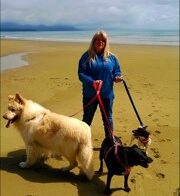
“My big push is always to grow nurses, expand them – there’s just so many opportunities that we’ve been quite slow on the uptake in New Zealand, and that’s not a criticism,” she said. “I know it’s always been to watch and learn and see what everybody else does, but there’ve been opportunities that have been a slow burn rather than a fast pace.”
So, after seven years, when she got the chance to move into educating the future nursing workforce as head of nursing at NMIT, she jumped at it.
Birmingham wants to see student numbers grow, along with the number and variety of placements available — “to get them out and experience things in the clinical world”.
But — with 1100 hours of clinical experience required across three years (including a nine-week placement in third year) — this could take its toll. Students often needed to quit part-time work creating more financial strain and need for “some monetary gain” to help them through, she said.
“I’m feeling really privileged to be in this position. I just can’t wait to see how it’s going to evolve and what we’re going to do in the education sector and where nursing’s going to sit in all of that.”



